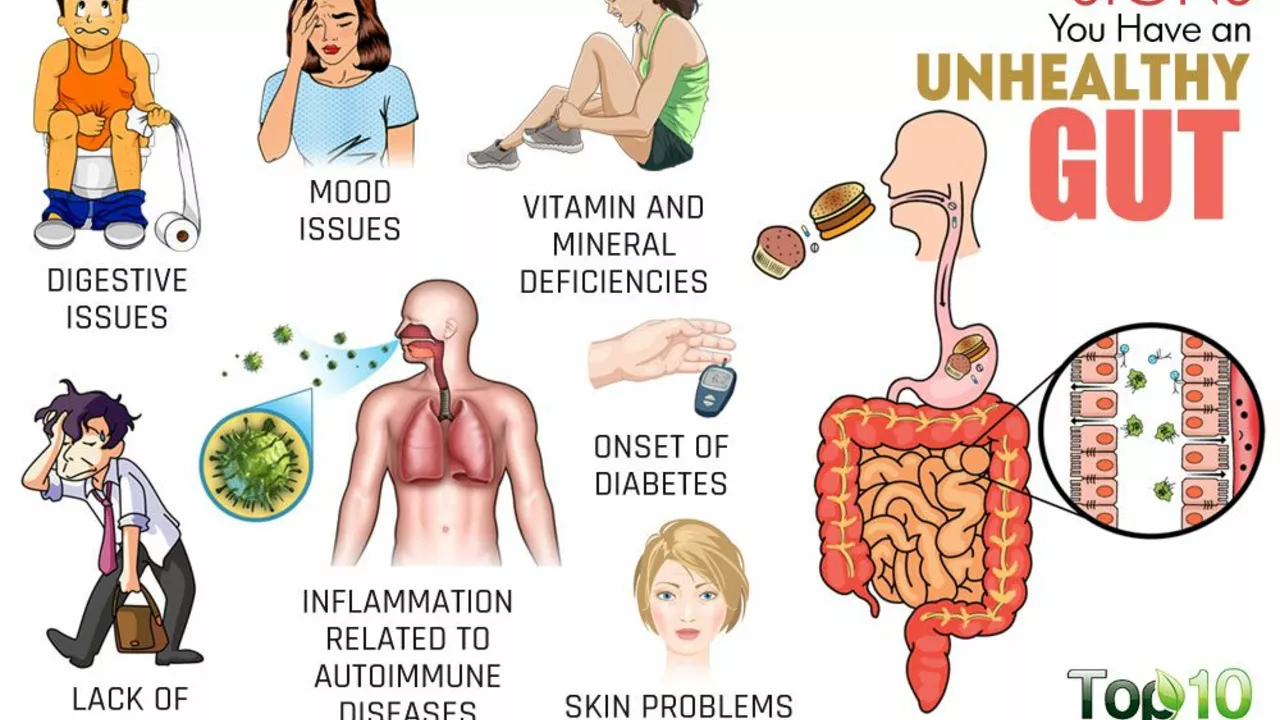Anemia: Spot Low Hemoglobin and What You Can Do Today
Feeling worn out, dizzy, or unusually short of breath after small tasks? Those are classic red flags for anemia — a simple blood problem that can make daily life feel harder. You don’t have to accept constant fatigue. A few tests and clear steps can often find the cause and fix it.
What causes anemia and how to spot it
Anemia happens when your blood can’t carry enough oxygen. The most common type is iron‑deficiency anemia, but there are other kinds: B12 or folate deficiency, chronic disease anemia, and inherited types like sickle cell. Look for tiredness, pale skin, fast heartbeat, breathlessness on mild exertion, cold hands and feet, and headaches. If you see black or bloody stools, chest pain, fainting, or sudden heavy bleeding — get urgent help.
Doctors confirm anemia with a CBC (complete blood count). Ferritin checks your iron stores, and sometimes providers order TIBC, reticulocyte count, or B12/folate levels to find the exact cause. A clear diagnosis matters because the treatments differ.
Practical steps to manage and prevent anemia
If iron deficiency is the issue, start with diet and simple habits. Eat iron-rich foods: red meat, chicken, liver, eggs, beans, lentils, spinach, and iron-fortified cereals. Pair them with vitamin C sources (oranges, bell peppers, strawberries) — vitamin C boosts iron absorption. Avoid tea, coffee, and calcium-rich foods right around iron meals or tablets, because they block absorption.
Oral iron supplements often help, but they can cause nausea, constipation, or dark stools. A few tips: take them with a small vitamin C drink if your stomach tolerates it, try lowering the dose and spacing it out, or ask your provider about alternate-day dosing to reduce side effects. If pills don’t work or iron levels are very low, doctors may recommend IV iron or, in rare cases, a transfusion.
Other causes need different fixes. B12 or folate shortages are treated with supplements or injections. If a chronic disease or kidney issue is causing anemia, treatment focuses on the underlying condition and may include specific medicines.
Special groups to watch: pregnant people, young children, and older adults often need screening. If you’re on medicines like proton pump inhibitors, antacids, or certain antibiotics, they can affect iron or B12 levels — mention all meds to your clinician so they can adjust testing and treatment.
When should you see a doctor? If fatigue lasts more than a couple of weeks, if symptoms get worse, or if you have signs of bleeding or chest pain. A quick blood test gives a lot of answers and points you to the right treatment.
Small changes—testing, a few diet swaps, and the right supplement plan—can make a big difference. If you want, I can walk you through what a basic iron‑support grocery list or supplement schedule might look like.
26
Anemia and Autoimmune Diseases: The Impact of Nutritional Deficiencies on Immune Function
In my latest blog post, I've explored the connection between anemia, autoimmune diseases, and nutritional deficiencies. It's startling to realize how these deficiencies can actually impact our immune system's function. I've delved into how inadequate nutrition can lead to anemia and trigger autoimmune responses in the body. It's a must-read for anyone dealing with these health concerns or who wants to better understand the vital role nutrition plays in our overall health. So, come join me on this enlightening journey and let's take control of our health together.
Latest Posts
Popular Posts
-
 Extended Use Dates: How the FDA Extends Drug Expiration Dates During Shortages
Extended Use Dates: How the FDA Extends Drug Expiration Dates During Shortages
-
 Magnesium Supplements and Osteoporosis Medications: What You Need to Know About Timing
Magnesium Supplements and Osteoporosis Medications: What You Need to Know About Timing
-
 Stinging Insect Allergy: What Venom Immunotherapy Really Does for You
Stinging Insect Allergy: What Venom Immunotherapy Really Does for You
-
 Enteral Feeding Tube Medication Safety: Compatibility and Flushing Protocols Explained
Enteral Feeding Tube Medication Safety: Compatibility and Flushing Protocols Explained
-
 Meniere’s Diet: How Sodium Restriction and Fluid Balance Reduce Vertigo and Hearing Loss
Meniere’s Diet: How Sodium Restriction and Fluid Balance Reduce Vertigo and Hearing Loss



